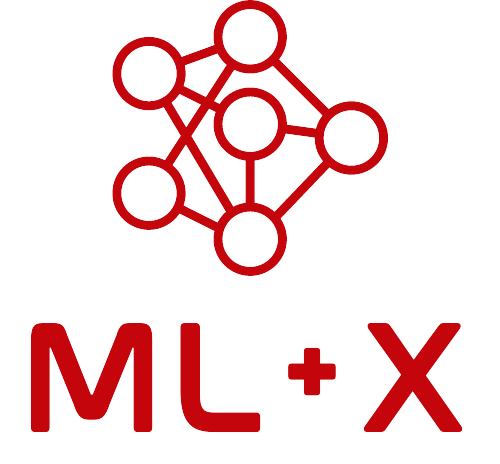UW Generative AI Services & Policies
The University of Wisconsin–Madison is committed to responsibly harnessing the power of generative artificial intelligence to enhance teaching, learning, research and university operations. The Division of Information Technology (DoIT) oversees university-wide AI initiatives focused on providing secure enterprise AI tools. These tools are available university-wide for free and provide higher data security and privacy protection than public services. Please consider these options before exploring unvetted generative AI services for university work.
To learn more about vetted tools and genAI use policies, visit the Generative AI Services at UW-Madison webpage. The current list of free supported tools include:
- Google Gemini: A conversational AI chatbot for text generation, coding, and image creation.
- Webex AI Assistant: A meeting tool with real-time translation, transcription, and voice commands.
- Microsoft Copilot: A digital assistant integrated with Microsoft 365 for creative tasks and problem-solving.
- Zoom AI Companion: Summarizes meetings and identifies actionable items.
In addition, the following tools are available on a pay-as-you-go basis through UW-provisioned cloud accounts:
- Amazon Web Services (AWS) Bedrock: Amazon Bedrock is a cloud service that makes it easy to build AI applications using foundation models from leading AI companies. It provides a single way to access and use these models and tools to customize them with public or internal data and create AI assistants that can interact with university systems and information.
- Google Cloud Platform AI Services: Google Cloud Platform (GCP) offers cloud computing resources and access to more than 90 foundation models, such as Claude from Anthropic and Mixtral from Mistral AI, for processing and storing public or internal data. GCP is available to faculty and staff but requires Cybersecurity evaluation for uses involving sensitive or restricted data.
- Microsoft Azure AI Services: UW–Madison’s Azure service offers cloud computing resources, including access to OpenAI’s API, for processing and storing public or internal data. It’s available to faculty and staff but requires Cybersecurity evaluation for uses involving sensitive or restricted data.
To access the pay-as-you-go services above, you’ll need a UW-provisioned cloud account. UW accounts come with institutional pricing discounts, lower grant overhead (26% instead of the usual 55.5% — saving ~$2,950 per $10k in cloud costs), data protection agreements (including BAA for HIPAA), and dedicated support. NIH-funded researchers can get additional discounts through the STRIDES Initiative.
Request a cloud account | Office hours (Thursdays, 2–3:15 PM) | Full details: UW Cloud Services
AI and institutional data
While some of the enterprise tools can be used with “internal data”, most genAI tools cannot be used for senstive/restriced data. Review the FAQ section to learn which tools are appropriate for your data. If you have questions about data classification, contact the appropriate data steward. For more information on genAI use policies, visit it.wisc.edu/generative-ai-uw-madison-use-policies/
